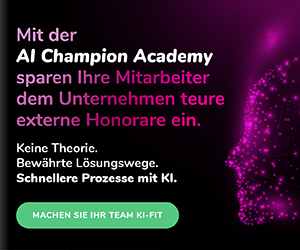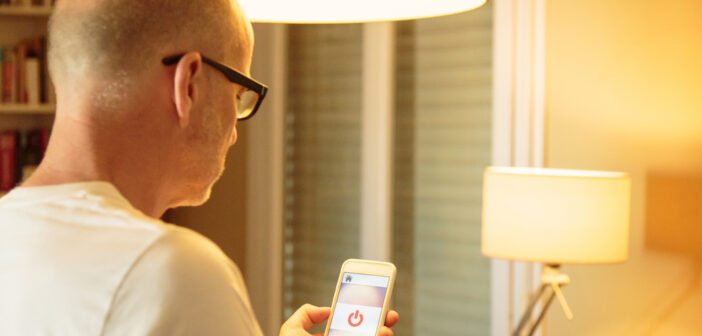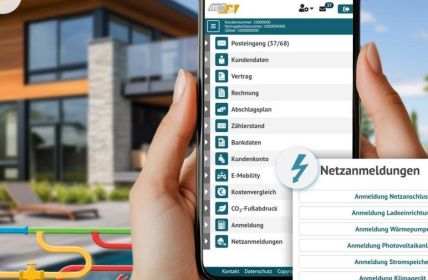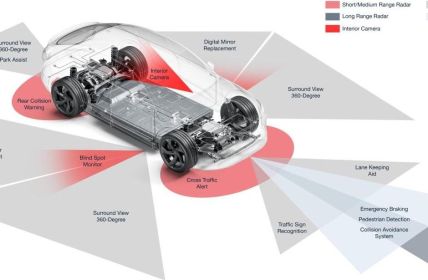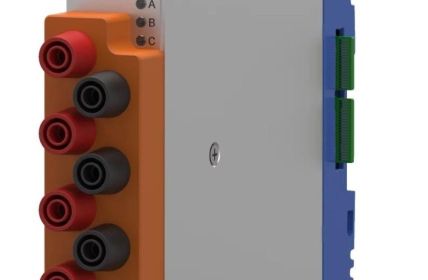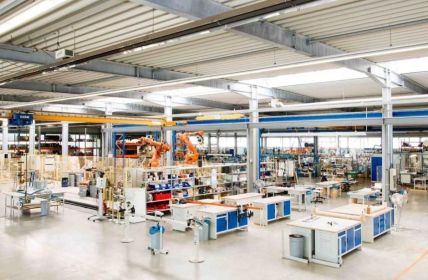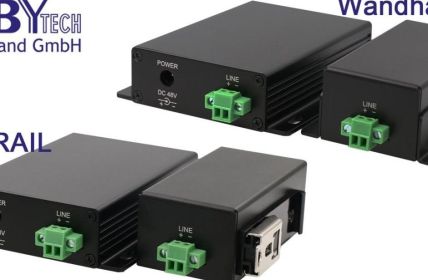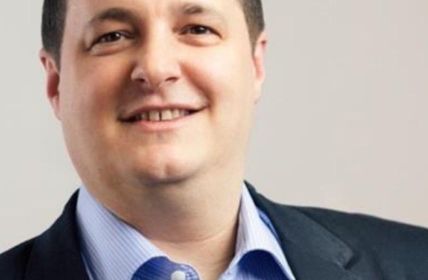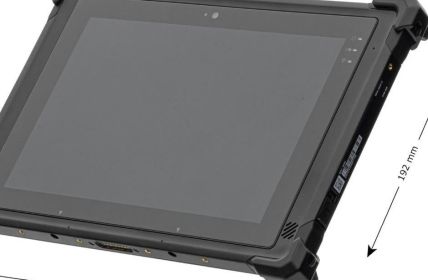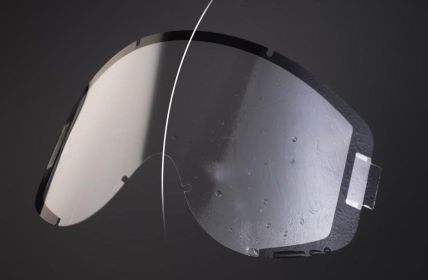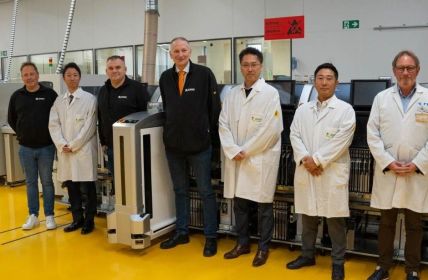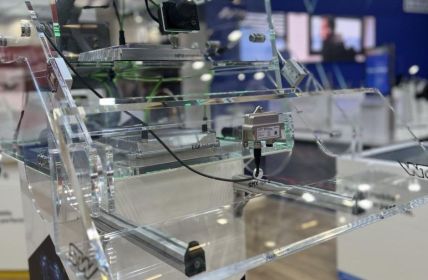TÜV Rheinland advises users of smart lighting applications not to lose sight of data protection. The testing company is therefore advocating protective measures for IoT privacy.
The digital networking of all areas of life is advancing inexorably and has not stopped at the home for a long time. With the increasing acceptance of smart homes, customers’ needs for automated management of their in-house technology are also growing. This is why, among other things, there is an increasing number of offers for convenient lighting solutions.
Table of Contents: What awaits you in this article
Smart Lighting: Comfort through intelligent technology
Intelligent light (smart lighting) is enjoying growing popularity. This is because LED systems connected to the Internet can already deliver some useful functions. In addition to a light output that can be optimized and a safe basic architecture, this smart technology can also have an impact on areas of one’s own health.
Smart Lighting: Better living through IoT
Intelligent luminaires can not only perceive the user and his premises. They are also able to adapt to the user’s habitus, everyday routines and emotional states. Sensors integrated into the lamps register every movement of their owners and thus learn about their daily routines and sensitivities. As a result of this learning process, they are quickly able to recognize patterns by means of the collected data. These routines and the associated behaviors are analyzed by the system and future behavior is derived from them.
Smart Lighting: More power through tracking
For example, it records when people come home, how they prefer certain lighting where, when and for how long in which rooms. From this, this technology calculates profiles and adapts its lighting technology to the user’s life. As a result of the associated biological and emotional stimuli, the personal condition and with it one’s own health and performance can perceptibly improve
Smart Lighting & Data Protection: Squaring the Circle?
In order to manage such complex services, the system requires large amounts of personal data. In addition to the mandatory registration of the device operator with its provider, all recorded information about the presence, usage behavior and mobility of the user is also transmitted to service providers. This is then stored in clouds for further processing, processed and scaled to be able to develop an efficient service for the customer. Artificial intelligence is increasingly being used to generate and analyze these data sets, which can also record values beyond the rooms to be controlled, e.g. activities in front of the house. Customers’ lives and daily routines are thus becoming increasingly transparent and controllable.
Data protection: TÜV Rheinland recommends two-way solution
Anyone who wants to decide for themselves what of their everyday life with the networked system is recorded and transmitted to third parties for optimization is usually dependent on individual solution options. However, in addition to possible data sparing, which can also lead to limited usability of the smart luminaires, there is another option. TÜV Rheinland therefore recommends that anyone concerned about the security of their data should set up two different wlans on their routers. One should ensure the operation of intelligent equipment and everyday services. The other should be reserved for the critical infrastructure of the smarthouse. This way, nothing stands in the way of data protection and the use of modern technology.
